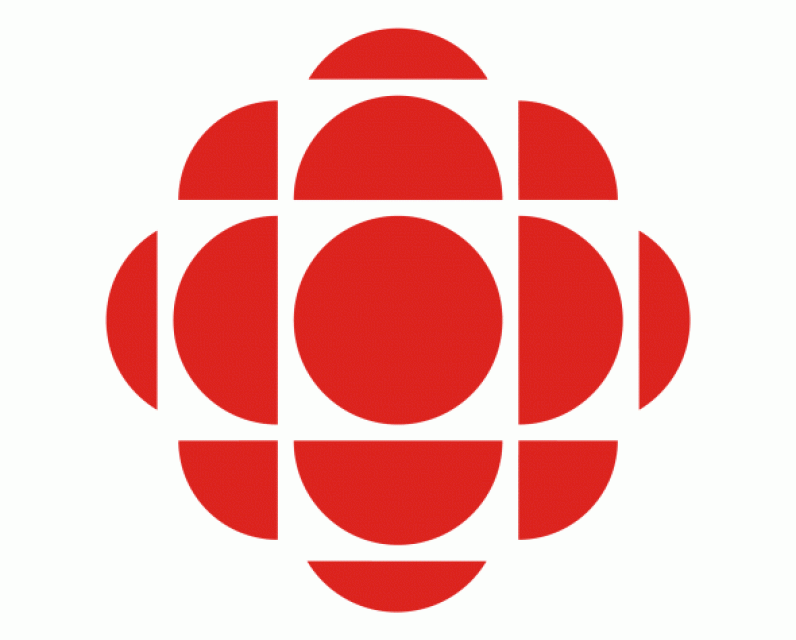Warning message
- Last import of users from Drupal Production environment ran more than 7 days ago. Import users by accessing /admin/config/live-importer/drupal-run
- Last import of nodes from Drupal Production environment ran more than 7 days ago. Import nodes by accessing /admin/config/live-importer/drupal-run
Unpublished Opinions
Syndicated #cdntech #cdnpoli #onpoli blogger. Cutting out the political spin to get the info that matters. Retired EDM DJ. Father to a son with autism.
Twitter: @jkobopoli
Contact E-mail: jkobopoli at rogers dot com
CBC Says "No One" Has The Right To Use Their Content Online

CBC is Threatening Free Speech Ahead of Federal Election
Last week former Conservative MP Dean Del Mastro was sentenced to one month in jail for his part in over spending in the 2008 election. The judge thought that jail time was necessary to send a message to politicians ahead of an election that cheating election rules will have severe consequences. After last week, most Canadians are expecting a "clean" election campaign, that is until the CBC published a blog post on Friday, warning that it was going to start taking down content posted online that uses any CBC material.
Jennifer McGuire CBC News Editor-and-Chief stated:
"No one - no individual candidate or political party, and no government, corporation or NGO - may re-use our creative and copyrighted property without our permission. This includes our brands, our talent and our content."
It's quite clear from this statement that it's not just political parties the CBC has issues with, it's Canadian copyright law. Copyright law permits the use of clips from CBC and other broadcasters for political criticism and news. The CBC's decision to take down content regardless of current law that allows this, will have a profound impact on the online coverage of the consortium debates, since blogs like mine, political YouTube commentators even tweets will be subjected to false and illegal copyright take down notices. This will impact freedom of speech and political commentary in the most profound way during the election, if mass take downs of copyright occur online. These illegal take downs can be challenged, however it will take far beyond the election to resolve.
A lot of this started back in 2013. Back then The Liberal "Democratic Reform" Critic Stephane Dion raised the possibility of shielding the Liberal party from political attacks using copyright. Dion went as far as writing the Commissioner of Elections Canada on the issue which was seemingly rejected by Elections Canada.
Back last year, the consortium broadcasters again raised this concern, with starkly similar issues Dion raised to shield the Liberal party. CBC, CTV, Global took to the airwaves in October 2014 after the Conservative government tried to "clarify" copyright law, by amending current copyright law to avoid the situation we find ourselves in now. The amendment was later dropped by government.
Internet Law Expert Micheal Geist stated in his most recent blog:
"The CBC is simply wrong. Its guiding principle is wrong and its attempt to use copyright to take down an offensive advertisement is wrong. The claim brings to mind the story from last fall involving a government proposal (that was shelved) to create a specific copyright exception for the use of news content in political advertising.
I argued then that no exception was needed because copyright already provides latitude for political parties to use works without permission. That is because copyright does not provide the absolute rights suggested by the CBC. The CBC obviously has rights as the copyright owner in its broadcast, but those rights are constrained by limitations and exceptions under the law that allow for use of its work without the need for further permission. The CBC itself (like all broadcasters) regularly relies upon those exceptions to use the work of others without permission. Similarly, I just used the exceptions to quote the CBC policy in this blog post without their permission."
The CBC needs to be reminded of the law, and that while the broadcaster owns the copyright it's Canadian tax payers that pay for it!
A few weeks ago I blogged about exactly this, and how content ownership rules of the consortium debates could potentially have a very negative impact on free speech, and online coverage of the consortium debates. It profoundly looks like those concerns have been well justified. Both the NDP and Green's have been stark supporters of these copyright exemptions in law. The Greens in particular have been stark supporters of the consortium lead debates. I've reached out to Green Party leader Elizabeth May on this issues, and she wasn't available for comment.
We have exemptions in copyright law for a reason, and that is too ensure that free speech isn't controlled by anyone. Last week, Ontario Court of Justice Judge Lisa Cameron made it very clear in Del Mastro's case that the courts would not accept deceitful behavior from politicians calling it "an affront to the principles of our democratic system". Similarly the CBC's attack on free speech under the guise of "journalistic" principles months before an election, should be treated also as an affront to the principles of our democratic system by Canadians as well. I highly doubt that with the message Justice Cameron sent last week, that media companies will be treated any differently by the courts if the consortium is legally challenged on this issue.



Comments
Be the first to comment